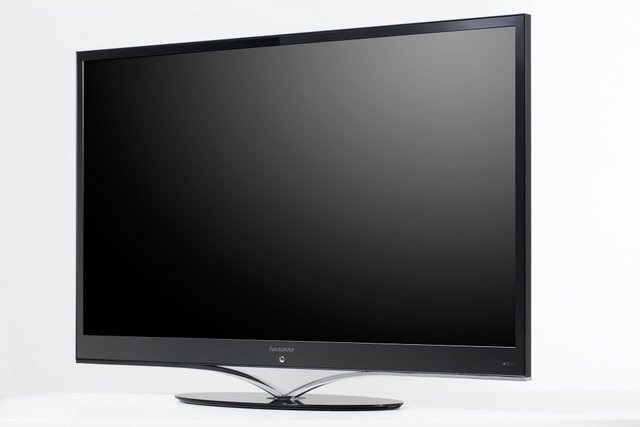Tech industry trends we're over: 'smart' electronics


LAS VEGAS -- We all want a peek at the future of electronics, and we all like to think that it's just around the corner. Often, it is. But let's not get past ourselves.
If there's one trend we've had enough of here at the 2012 Consumer Electronics Show, it's the "smart" product. Manufacturers can't help but throw the term around to describe virtually any electronic device that can transfer data to another. They also can't resist using the term to describe an improved user experience or new operating system.
I'm here to tell you that's hogwash.
Listen, I'm no ideologue about using the terms "smart" and "intelligent." The geekiest among us might protest that the terms should only be reserved for true artificial intelligence, and they're right. But the reality is that the average consumer needs to be able to relate to products, and without an everyday term like "smart" or "intelligent," those products just won't resonate with them as effectively.
So I'm in the camp where "smart" and "intelligent" can be used as a way to use real-time telecommunications data to gain insights to change behavior. The "smart" power grid? Good. An "intelligent" telematics system that learns a driver's preferences over time? Fine.
An easier-to-use operating system interface? Not a chance.
Here's a smattering of headlines from CES this week about "smart" products:
- Smart TVs Abound at CES, but Ecosystems Are Destined for War [Wired]
- Smart appliances can cause privacy concerns [Washington Post]
- The CES smart phones: Big, fast and better cameras [San Francisco Chronicle]
- Withings introduces the smart baby scale; ready to keep the world posted on your baby's growth [MedGadget]
- A smart outlet with some oomph [CNET]
- Samsung boost smart camera line-up with WB850F, DV300F and ST200F models [TechDigest]
As you can see, the definition is fuzzy. Some of these products use sensors to understand their environment; some merely transmit data; others are transparently marketing gobbledegook.
I'm not trying to split hairs on semantics; my real concern is that the definition of these terms is expanding so rapidly that it has become almost entirely meaningless. For example, if "smart" merely means Internet-connected, well, most of the products on the CES showfloor fit the bill. But if it means gathering data from the outside -- and better yet, acting on that insight -- well, that's a far more exclusive circle.
There may not be a big takeaway theme for CES 2012, but each successive show takes another step toward devices that go far beyond basic computational tasks. As everything from shoes to supercars adds a dash of Internet connectivity, we're going to need terms to distinguish between them. Because as with any tradeshow, there are a lot of intelligent products on display -- but a lot of dumb ones, too.
This post was originally published on Smartplanet.com